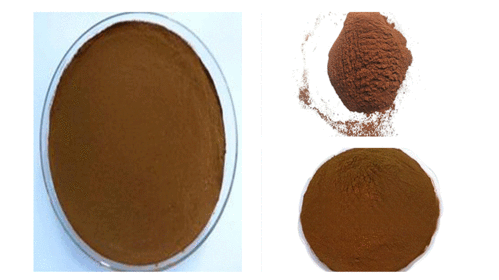Carbide tools mostly make use of tungsten carbide bits adhered with cobalt or nickel. This make-up provides remarkable buildings making them excellent for demanding machining procedures. Firmness attracts attention as a key benefit. Carbide tools are substantially tougher than high-speed steel, allowing them to cut harder materials properly. This intrinsic firmness straight contributes to superior wear resistance. Carbide devices keep their cutting edge a lot longer than other device products, considerably lowering downtime for tool modifications and lowering total machining prices. They additionally exhibit excellent heat resistance. Carbide keeps its solidity and strength at elevated temperatures encountered during high-speed machining, unlike steel tools which soften. This thermal stability allows quicker cutting rates and feeds, improving efficiency. While difficult, carbide can be fragile. Modern qualities and device layouts include micro-grain carbides or specialized binders to boost toughness and stand up to chipping or fracture. Chemical security is an additional advantage; carbide tools stand up to chemical reactions with work surface products at heats. Their high compressive toughness enables them to withstand the considerable forces generated throughout cutting, particularly in interrupted cuts or with tough materials. These combined residential or commercial properties– extreme solidity, wear resistance, thermal stability, and toughness– make carbide the recommended selection for high-performance machining, milling, turning, and boring across different sectors, supplying extensive device life and remarkable reducing performance.
(carbide tools properties)
Inquiry us
if you want to want to know more, please feel free to contact us.
